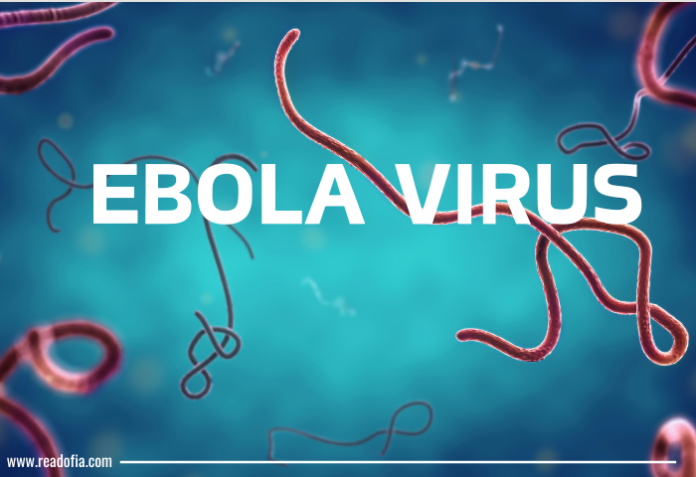Ebola virus disease is also known as Ebola haemorrhagic fever. It is a severe and deadly disease that affects humans and animals. This virus is transmitted to humans by wild animals like fruit bats, porcupines, and other animals. They spread the virus to the human population through direct contact with the blood, saliva, organs, or other physical fluids of the affected person, as well as surface and material like bedding and clothing.
The average death rate of EVD is 50%, and the previous outbreak death rate differs from 25-90%. The first EVD outbreak has happened at interior villages in Central Africa, close to tropical rainforests. Since this virus was discovered in 1976, the worst Ebola outbreak occurred in West Africa during 2014-2016. There was more number of death and affected people when compared to other disasters. The virus started to spread worldwide from Guinea, affecting across land borders to Sierra Leone and Liberia. The natural Ebola virus hosts are from the Pteropodidae family that is from fruit bats.
Symptoms
- The time takes to show the symptom from the Ebola-affected person is nearly 2-21 days.
- The symptoms of Ebola include:
- Fever, tiredness, muscle ache, headache, and sore throat ,followed by vomiting, diarrhea, itchiness, kidney and liver damage, and internal and external bleeding are in some cases.
- The laboratory developed some symptoms such as the platelet and white blood cell count decreases and elevated liver enzymes.
- It is hard to analyze clinically between Ebola and other diseases like malaria, typhoid fever. The series of the test has to be done to confirm the occurrence of the virus.
TREATMENT AND PREVENTION
The person cannot spread this virus until they develop any symptoms.
- There is no proven treatment for Ebola, but the chance of survival is more if treated at the early stage.
- Guinea, (a country in West Africa) in 2015 has proved a vaccine rVSV-ZEBOV against Ebola that showed a significant effective result.
- They can rehydrate the fluids and body salts orally or intravenously.
- They are provided with a particular treatment for symptoms like low blood pressure, vomiting, diarrhea, and infections.
- They provide treatment consisting of blood products, immune treatment, and drug therapies that are presently being evaluated.
- One of the MOST EFFECTIVE ways to prevent the spread of the Ebola virus is to practice HAND HYGIENE.
- This vaccine is used during the Democratic Republic of the Congo outbreak using a ring immunization procedure.
- During the pandemic, experts will follow the affected person’s case management, contact history, laboratory testing, and safe burials.
- To control the spread of Ebola, people should not work in groups and avoid going to public gatherings.

